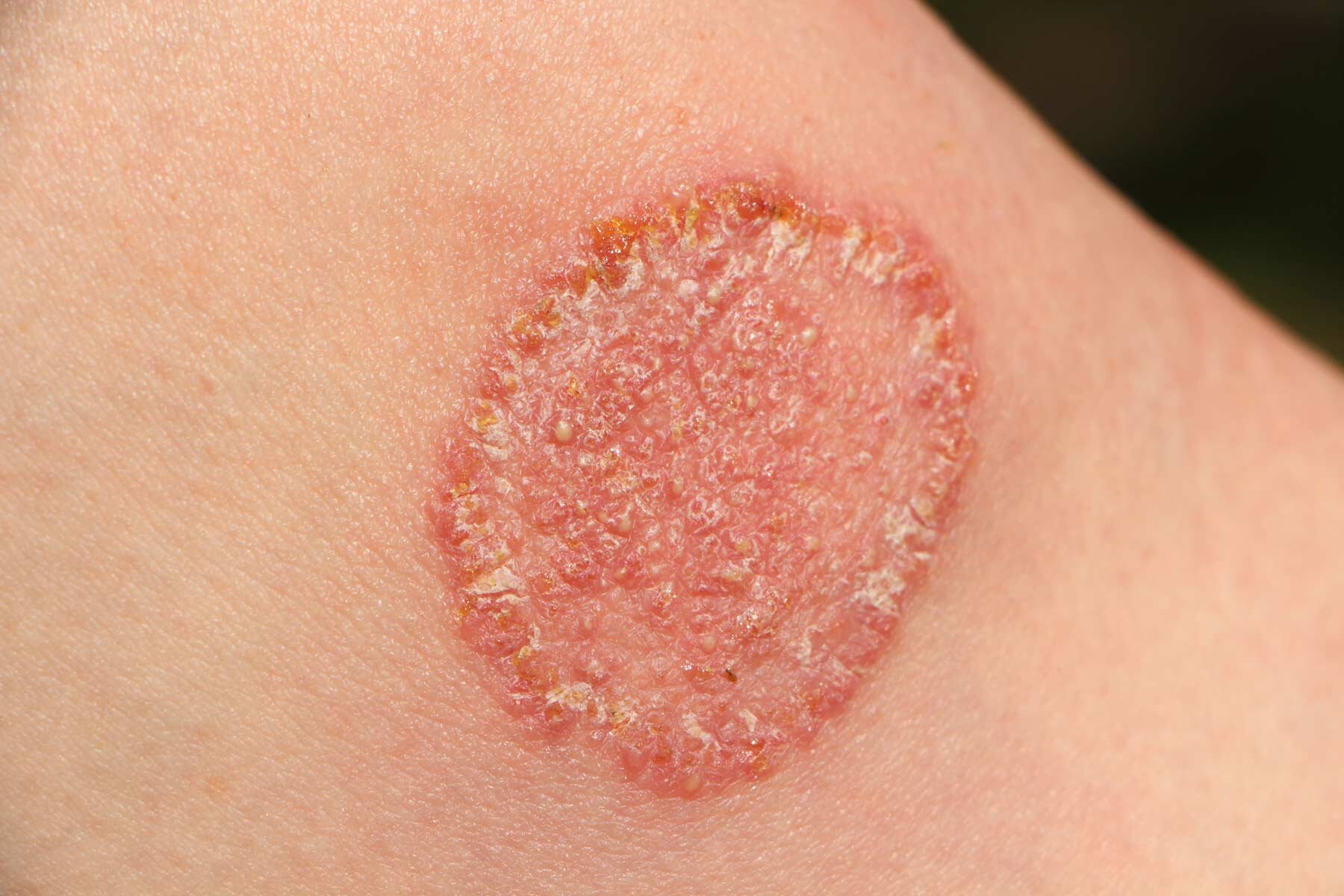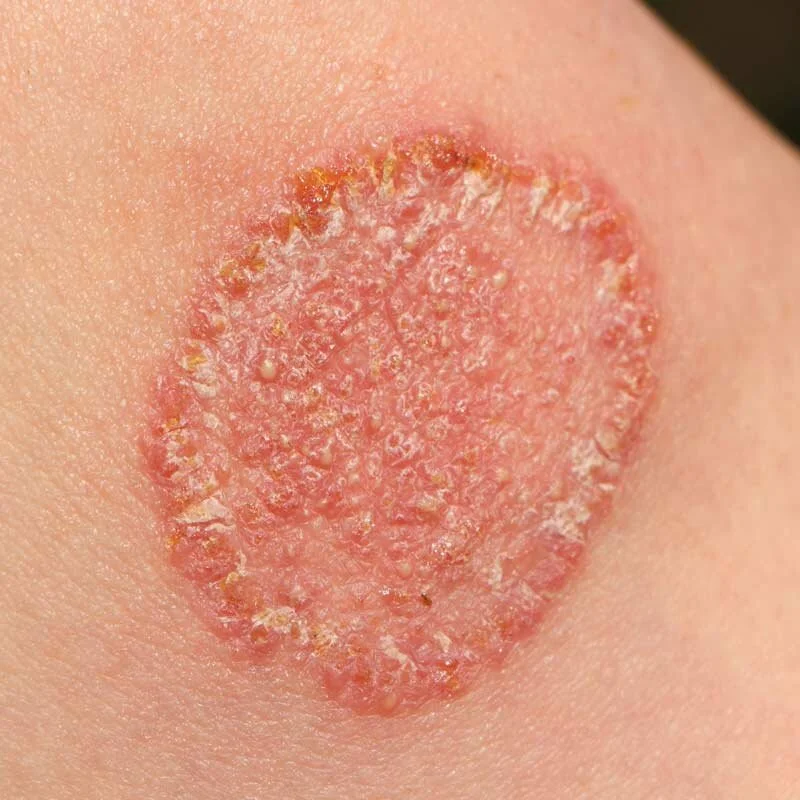
Fungal Infections
Fungal infections of the skin are caused by the growth of fungi on the skin, hair, or nails. These infections are common and can affect people of all ages. Fungal infections are not contagious and are not caused by poor hygiene.
There are many different types of fungi that can cause infections of the skin, and the type of infection will depend on the specific fungus involved. Some common types of fungal infections of the skin include:
Athlete's foot: a fungal infection that affects the skin on the feet and is characterized by itching, redness, and flaking skin
Jock itch: a fungal infection that affects the skin in the groin area and is characterized by itching, redness, and a rash
Ringworm: a fungal infection that affects the skin, scalp, or nails and is characterized by a circular rash
Yeast infections: a fungal infection that affects the skin, mouth, or genitals and is characterized by itching, redness, and a discharge
Symptoms of fungal infections of the skin may vary depending on the specific infection and may include itching, redness, flaking skin, and the presence of a rash or discharge. Fungal infections may also cause the nails to become thickened, discolored, or brittle.
Treatment for fungal infections of the skin may involve the use of over-the-counter or prescription antifungal medications, such as creams, ointments, or oral medications. In some cases, your dermatology provider may recommend other treatments, such as phototherapy (exposure to controlled amounts of UV light) or surgical removal of the affected nail.
In addition to treatment, there are several steps you can take to help reduce your risk of developing fungal infections of the skin:
Keep your skin clean and dry
Avoid sharing personal grooming items, such as towels, combs, and nail clippers
Wear shoes or sandals in public showers, locker rooms, and pool areas to help prevent the spread of infection
Wear breathable, moisture-wicking socks to help keep your feet dry
Avoid going barefoot in damp public areas, such as swimming pools or showers
By following these precautions and seeking treatment as needed, you can help to manage fungal infections of the skin and reduce your risk of developing this type of condition. If you are concerned about fungal infections or have any other changes in your skin, it is important to see a healthcare provider for evaluation and treatment. Early detection and treatment can help to prevent the spread of the infection and may improve the chances of a successful outcome.

